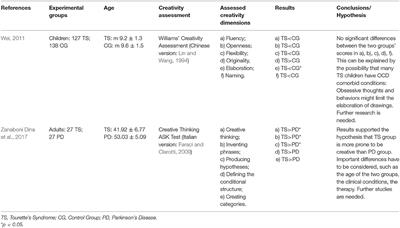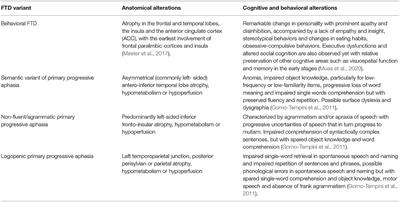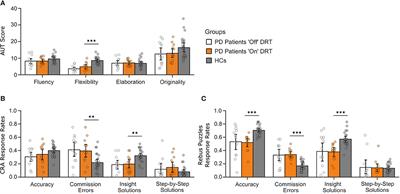EDITORIAL
Published on 08 Jun 2022
Editorial: Creativity in Pathological Brain Conditions Across the Lifespan
doi 10.3389/fpsyg.2022.932399
- 1,184 views
- 1 citation
4,161
Total downloads
21k
Total views and downloads
EDITORIAL
Published on 08 Jun 2022
ERRATUM
Published on 02 Sep 2021
OPINION
Published on 28 May 2021
OPINION
Published on 22 Apr 2021

MINI REVIEW
Published on 16 Apr 2021

ORIGINAL RESEARCH
Published on 05 Mar 2021
